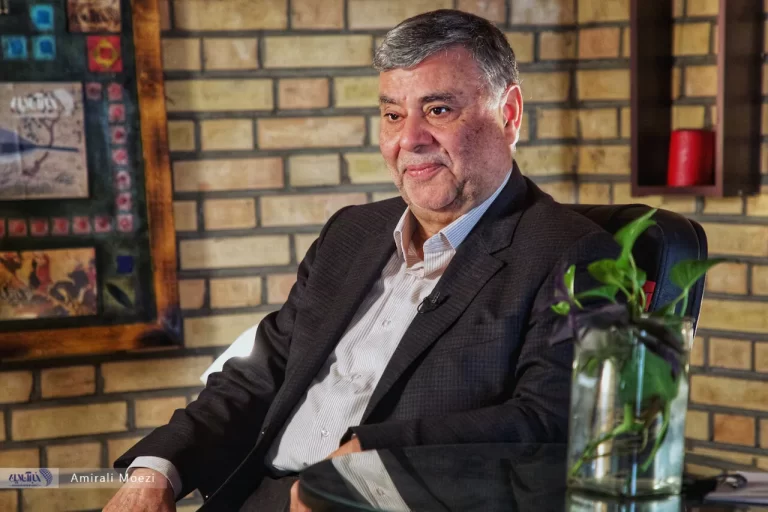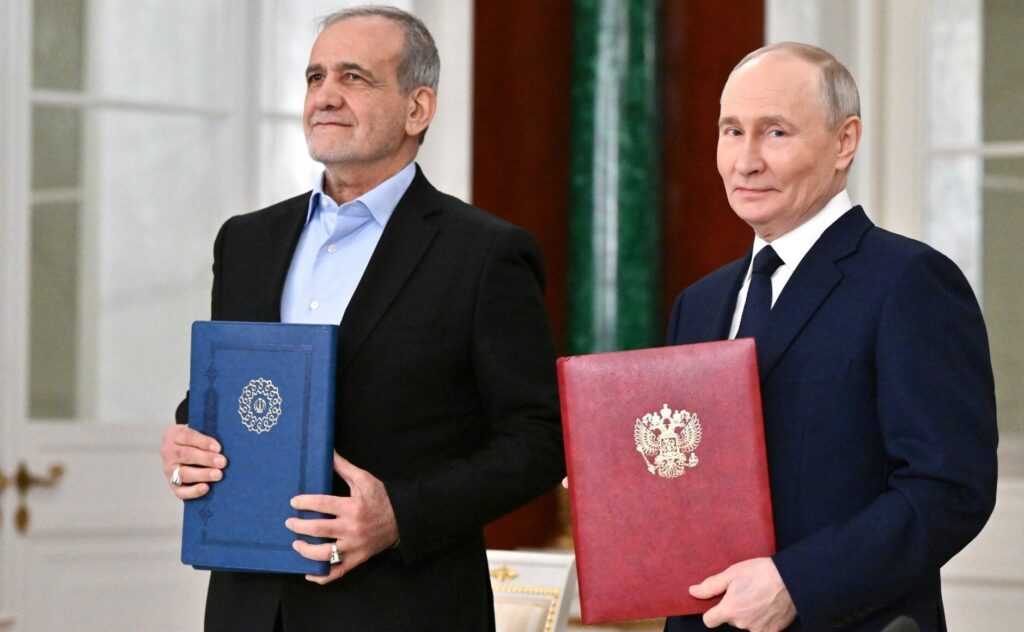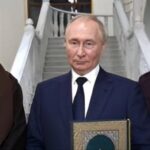On Aug 24–25, 2025, Iranian statesman Seyyed Mohammad Sadr (member, Expediency Discernment Council) publicly alleged that Russia provided Israel with intelligence on the locations of Iran’s air-defense sites during the June 13–24, 2025 Iran–Israel war. No independent proof has been presented, and neither Moscow nor Tehran has issued verifiable evidence to corroborate or refute the claim. Still, the allegation lands atop real frictions: Russia’s limited support for Iran during the June fighting, its long-standing deconfliction with Israel in Syria, and years of selective arms sales to Tehran. The accusation—true or not—already strains the optics of the Russia–Iran “strategic partnership.
- The allegation: Sadr told Persian-language media that “Russia provided Israel with information about Iran’s air-defense sites,” which, he argued, explains the precision of Israeli strikes and shows the “worthlessness” of a strategic alliance with Moscow. In parallel remarks, he criticized Russia for selling S-400s to Turkey while withholding advanced systems and Su-35s from Iran
- Proven facts about the war: Iran’s military acknowledged that air-defense systems were damaged and later claimed to have replaced them after the 12-day conflict
- Moscow’s posture: Despite signing a “comprehensive strategic partnership” with Tehran in Jan 2025, Russia offered scant tangible help during the June escalation and has generally tried to avoid a direct break with Israel
- Evidentiary status: As of now, Sadr’s claim rests on his “intelligence information and analysis.” Open-source, independent confirmation is absent.
How plausible is the claim? (Three lenses)
- Capabilities & access (plausibility: medium)
Russia has long visibility into Iranian air-defense architecture (e.g., S-300PMU-2 delivered in 2016; technical exchanges) and extensive ISR and signals intelligence across the region. In principle, Moscow could identify Iranian sites. (Background on Russian familiarity with Iranian AD infrastructure and data-sharing dynamics appears in expert commentary. - Motivation & incentives (mixed)
- Reasons to share (if true): preserve ties with Israel; showcase leverage over Tehran; avoid escalation that drags Russia in; gain concessions from Jerusalem or Washington on other files.
- Reasons not to share: risk blowing up the Russia–Iran partnership (drones, sanctions lifelines); jeopardize access to Iranian bases, ports, and tech flows; undercut Russia’s image as Iran’s strategic partner.
Given these cross-pressures—and Moscow’s public hedging during the June war—the incentive picture is ambiguous
- Patterns & precedents (plausibility: medium-low)
Russia and Israel have maintained a deconfliction mechanism in Syria since 2015 to avoid accidental clashes—showing Moscow’s habit of balancing between Israel and Iran. Yet direct hostile intel-sharing against a formal partner would be an escalation beyond routine deconfliction. (Context: Moscow’s restraint toward Tehran during crises and selective arms-transfer history. Bottom line on credibility: The charge is possible in capability terms but unproven and politically explosive. Without corroboration beyond Sadr’s interview, the evidentiary weight is insufficient to treat it as fact
Why would Sadr say this now? (Iranian politics)
- Post-war blame dynamics: The June war exposed gaps in Iran’s air defense and command-and-control. Alleging Russian betrayal shifts part of the accountability outside Iran’s system
- Strategic re-balancing debate: Sadr has also warned against over-reliance on Russia/China, tapping into a current in Tehran that questions the dividends of alignment with Moscow after years of Iranian support to Russia’s war in Ukraine
- Negotiating leverage: Publicly scolding Moscow can be a signal to extract overdue military aid or tech transfers—or to open hedging toward other partners.
Consequences if the claim gains traction
1) Russia–Iran partnership
- Trust erosion: Tehran’s elites may re-price Russia as an unreliable security partner; the January 2025 “strategic” pact looks hollow if allies won’t help in wartime
- Bargaining hardball: Iran could demand concessions (e.g., deliveries of long-promised aircraft/systems) or threaten to curtail cooperation in areas where Moscow benefits (drones, munitions, sanctions circumvention).
2) Israel’s regional calculus
- Deterrence signal: If Iran’s air defenses proved penetrable, Jerusalem’s willingness to conduct deep strikes rises—especially against nuclear-linked targets—raising long-term escalation risks.
3) Great-power triangulation
- U.S./EU messaging: Washington and Europe can highlight Russia’s transactional opportunism, complicating Moscow’s efforts to pose as a Middle East power-broker.
- China’s posture: Beijing may quietly welcome a weaker Iran–Russia bond, enhancing its own leverage in Tehran without picking sides publicly.
Indicators to watch (next 4–8 weeks)
- Official denials/confirmations: Any Russian MFA or Iranian MOD statements specifically addressing Sadr’s claim. (So far, coverage cites Sadr; no hard official rebuttal with evidence
- Arms-transfer signals: Movement on Su-35 or advanced AD systems to Iran (or conspicuous non-movement). Sadr explicitly tied his critique to these gaps
- Tehran rhetoric: Whether other Iranian power centers echo Sadr—or disavow him—will show if this is individual analysis or a broader line
- Israeli disclosures: Any on-background briefings hinting at third-party intelligence enabling June strikes.
- Treat Sadr’s allegation as unverified but politically meaningful: it spotlights fractures in the Russia–Iran “axis” and helps explain why Moscow offered limited help during the June war
- For analysts and diplomats, the story is less about “who tipped what” and more about Russia’s balancing habit— preserving channels with Israel while extracting value from Iran—at minimum, eroding Tehran’s confidence in Moscow as a security guarantor.
There are several strategic reasons why Moscow might take such a risk despite its partnership with Iran:
1. Preserving Its Balancing Role in the Middle East
- Since 2015, Russia has maintained a deconfliction mechanism with Israel in Syria, allowing the Israeli Air Force to strike Iranian or Hezbollah positions without clashing with Russian forces.
- By signaling goodwill to Israel—even quietly—Russia reinforces its image as a regional broker who can talk to everyone: Iran, Israel, Gulf states, and the West.
2. Avoiding Direct Entanglement in Iran’s Wars
- Moscow may see Tehran’s direct conflict with Israel as destabilizing for Russia’s interests in Syria and the Caucasus.
- By quietly helping Israel limit Iran’s operational capacity, Russia avoids being dragged into a broader confrontation that could force it to choose sides openly.
3. Securing Concessions from Israel (and the U.S.)
- Sharing intelligence could be used as a bargaining chip with Israel, seeking:
- restraint on Israeli weapons transfers to Ukraine,
- muted Israeli criticism of Russia in international fora,
- or quiet coordination on sanctions evasion channels.
- Moscow often trades favors across theaters, and this would fit that pattern.
4. Limiting Iran’s Leverage Over Russia
- Iran has become crucial for Russia (drones, missiles, sanctions backdoor). But this dependency worries Moscow.
- By reminding Tehran that Russia can also hurt it—by tilting toward Israel—Moscow keeps the upper hand in the partnership. It’s a classic Kremlin tactic of making allies feel both needed and vulnerable.
5. Strategic Ambiguity
- Even the rumor of Russia leaking secrets creates pressure:
- Iran is forced to question the reliability of Moscow.
- Israel perceives Russia as at least partially on its side.
- The U.S. and Europe see Russia as opportunistic, not fully aligned with Iran.
- This ambiguity is itself leverage, letting Moscow maneuver without binding commitments.
Conclusion:
If Russia did share sensitive information with Israel, the move would be less about betraying Iran outright and more about maintaining Russia’s balancing game, extracting concessions from Israel (and possibly Washington), and reminding Tehran that Moscow holds the stronger hand in their “partnership.” The Kremlin’s calculus is transactional: short-term tactical gains outweigh long-term trust.
Mohammad Sadr’s accusation that Russia gave Israel intelligence on Iranian air defenses came just weeks after the June 2025 war. It coincided with growing frustration inside Tehran that Moscow—despite a January “strategic partnership” treaty—did little to protect Iran during Israel’s strikes.
2. Rhetorical vs. Substantive Drivers
- Rhetorical lever: By accusing Russia of leaking secrets, Sadr made a sharp, emotional case against the value of the alliance. The claim dramatizes what otherwise could be explained in bureaucratic terms: Russia didn’t deliver Su-35s, didn’t deploy S-400s, didn’t shield Iran diplomatically.
- Underlying reality: Even without intel-sharing, many in Tehran see Moscow as unreliable. Russia depends on Iran for drones and ammunition, but reciprocates cautiously because it still values deconfliction with Israel and limited engagement with the West.
So the allegation functions as a rhetorical weapon: it crystallizes doubts about Russia’s reliability into a single shocking narrative (“they sold us out to Israel”).
3. Domestic Political Angle in Iran
- Deflecting blame: Iran’s air defense failed against Israeli strikes. Accusing Russia shifts blame outward.
- Policy debate: There is a long-running argument in Tehran about over-reliance on Russia/China versus hedging more broadly. Sadr’s claim feeds that camp.
- Legitimacy signal: By saying the “strategic alliance” is worthless, critics weaken the position of pro-Moscow voices in the Iranian system.
4. Conclusion
The statement about sharing confidential information was likely rhetorical—a politically charged way to delegitimize the strategic alliance with Russia. The underlying dissatisfaction is real (arms delays, Moscow’s balancing with Israel), but the intel-sharing charge is the sharpest way to communicate that Russia cannot be trusted.
1. Critical / Skeptical of Russia (Likely to Sustain Sadr’s Line)
- Expediency Discernment Council (where Sadr sits)
A body that shapes strategic direction. Sadr and others represent the faction pushing to rebalance away from overdependence on Moscow and Beijing. They use rhetoric about Russian betrayal to strengthen their argument. - Foreign Ministry (technocrats and pragmatists)
Diplomats see the costs of Russia’s balancing act with Israel and worry about diplomatic isolation if Iran is chained too closely to Moscow. They are pragmatic about diversifying toward Europe, Gulf states, or even indirect channels to the U.S. - Reformist/Moderate political networks
Though politically marginalized, they can use moments like Sadr’s statement to highlight the risks of authoritarian alignments and call for more open foreign policy options.
2. Defensive of the Alliance with Russia (Likely to Push Back)
- IRGC (Islamic Revolutionary Guard Corps)
- The IRGC benefits directly from arms, training, and technology exchanges with Russia (drones to Russia, missile know-how from Russia).
- They want to sustain the Moscow line to keep Russia dependent on Iranian supplies for the Ukraine war.
- However, even inside the IRGC, there is unease about Moscow’s unreliability—so they may temper but not abandon the alliance.
- Supreme Leader’s Office (Ali Khamenei)
- Khamenei has repeatedly framed the Russia–China–Iran axis as strategic and civilizational, a counterweight to the West.
- His ideological stake in this narrative makes him unlikely to embrace Sadr’s line.
- But he may tolerate it as “managed criticism,” allowing controlled debate without altering core policy.
3. Ambivalent / Hedging Actors
- Parliament (Majlis) and clerical networks
Many members echo slogans about Russia but privately complain about Moscow’s failures to deliver promised systems. Their stance depends on who sets the tone—IRGC or Expediency Council. - Economic ministries / Oil sector
Iran’s oil and gas sector has been squeezed by Russian competition in Asian markets (especially China). These technocrats may quietly support Sadr’s critique, since Russia undercuts Iranian exports, but they won’t say so openly.
- Sadr’s accusation functions as political cover for those who already doubt the alliance with Moscow.
- Hard power blocs (IRGC, Supreme Leader) will defend the partnership, at least publicly, because they rely on it for military technology and geopolitical cover.
Pragmatists and reformists will seize on Sadr’s remarks to argue for hedging, diversification, and not betting Iran’s future solely on Russia.
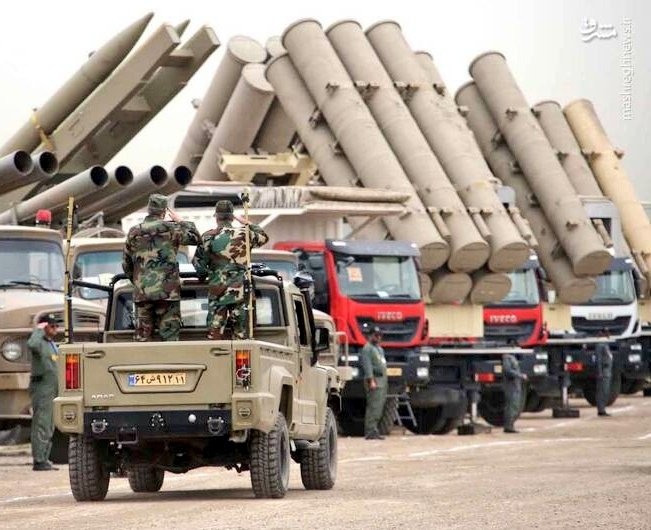
More on this story: Axis of Arms: Russia and Iran’s Expanding Shadow Trade”
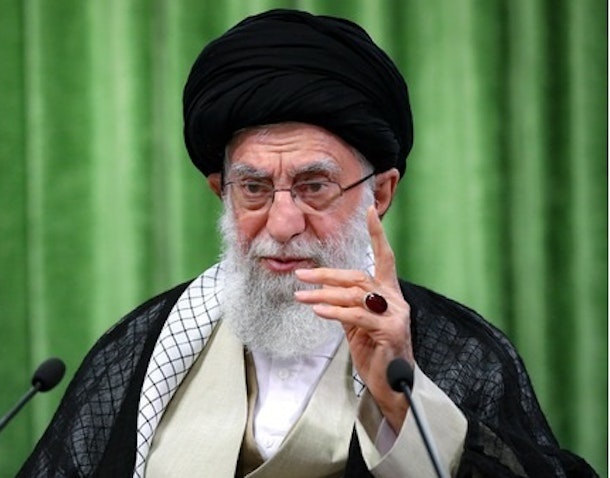
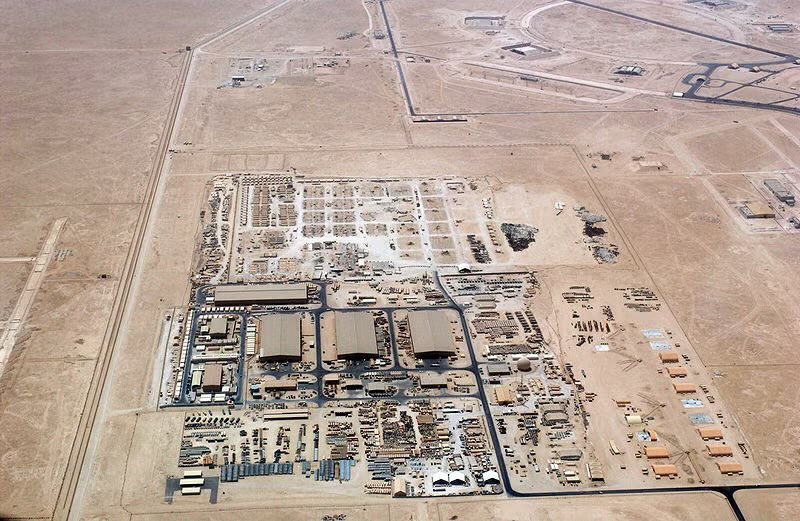
More on this story: INTELBRIEF: Russian Involvement in Iranian Strikes on U.S. Military Targets
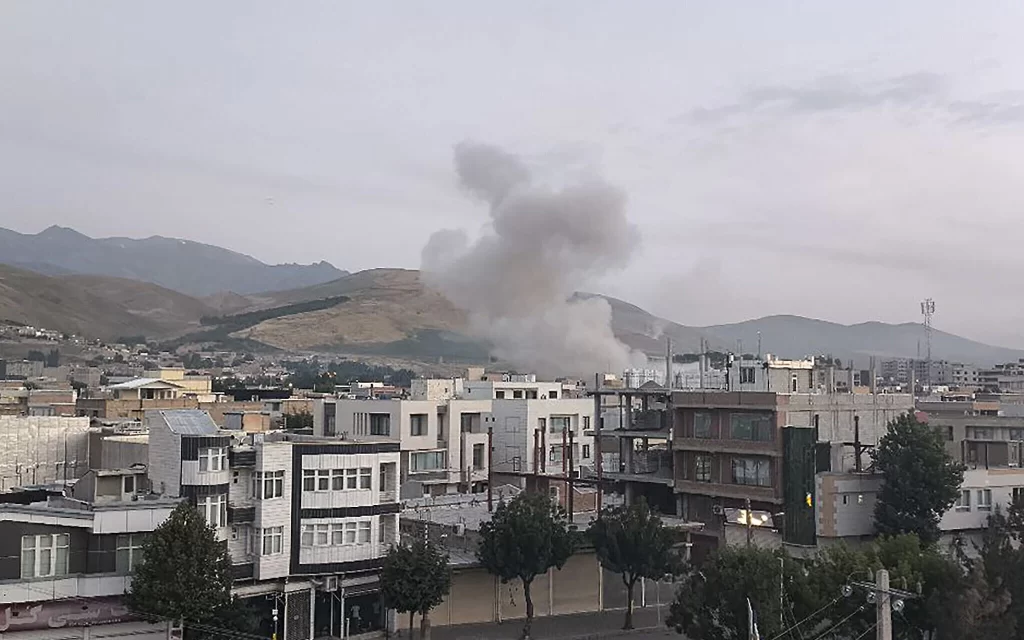
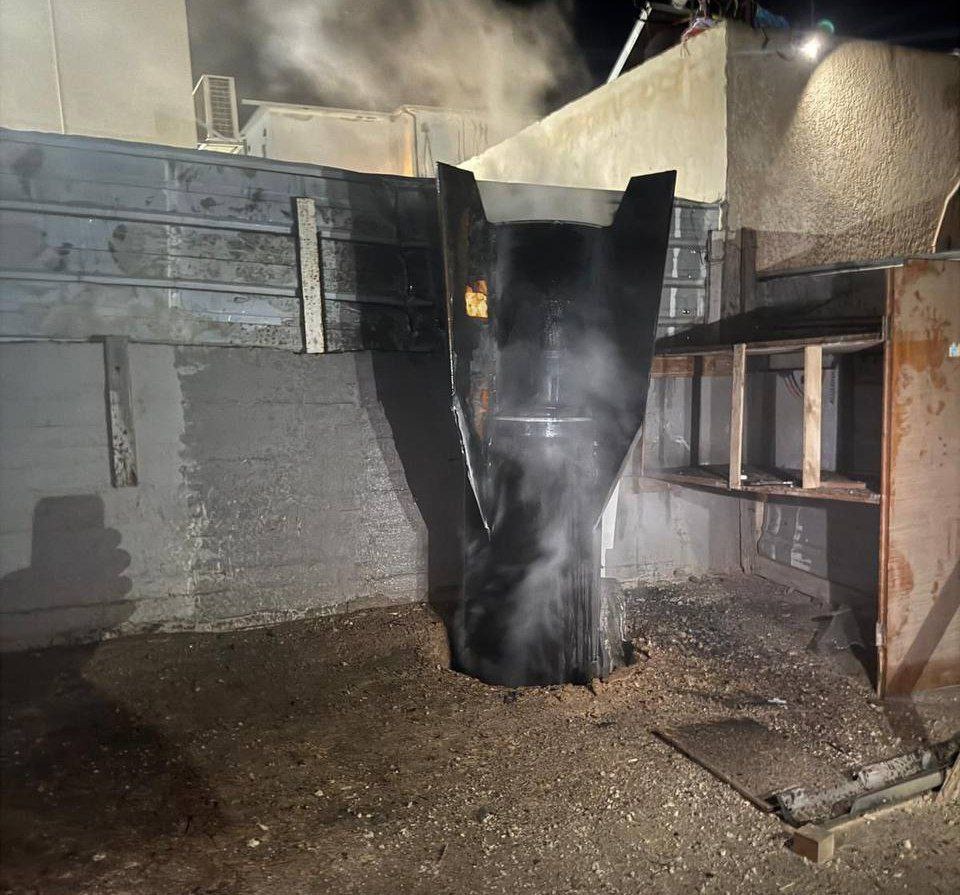
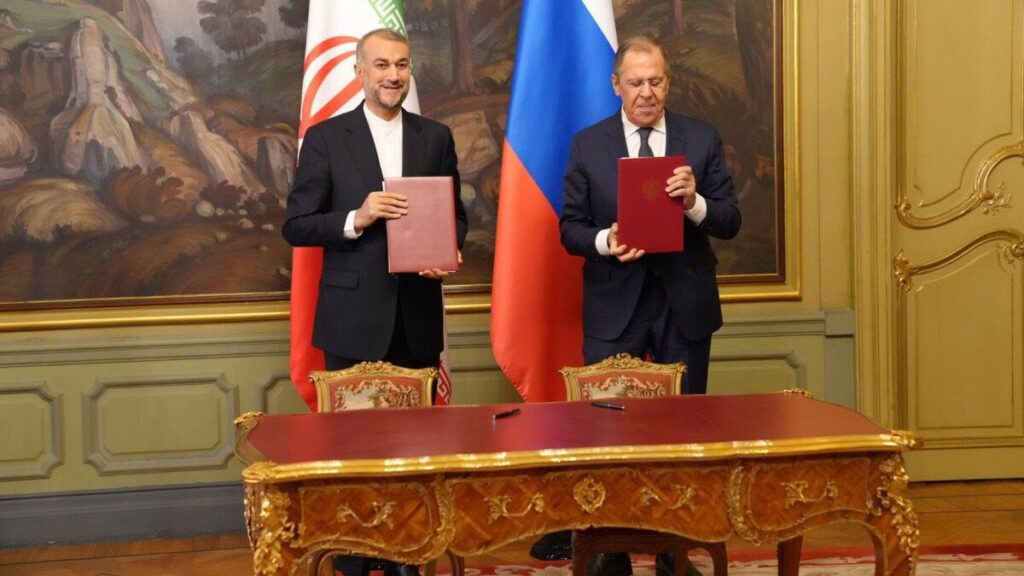
More on this story: Russia and Iran: The Limits of Strategic Partnership in the Face of Conflict


